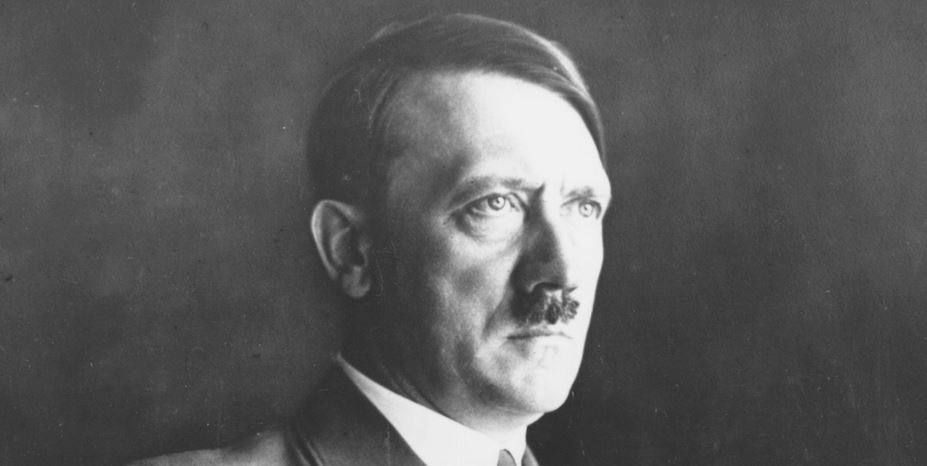Joshua Witt sports a haircut fashionable among young men—full on the top and buzz cut on the sides. Recently after a haircut in Colorado, a man came up to Joshua and asked, “Are you one of them neo-Nazis?” As he asked, the stranger was swinging a knife and stabbed Joshua.
Nicholas Fuentes, a Boston University student, was forced to leave school due to the numerous death threats he received after marching in the Unite the Right rally in Charlottesville.
Were Witt’s stabber and Fuentes’s intimidators violent psychopaths? Or, do they believe killing those they judge as fascists will somehow save the United States?
If he had a time machine, would Witt’s stabber take on the mission of going back in time to assassinate Hitler and thus save the world from the horrors of Nazism?
Does one “great man” really shape our future?
If a “Stalin” or “Hitler” had been born in the United States, would the American public in the 1930s have demanded their services as a politician? There were people with Stalinist or Fascist thinking in the United States; some may have dreamed of achieving political office.
For example, an American Stalin may have wanted to collectivize (and starve) Midwestern farmers. An American Hitler may have dreamed of making New York City free of Jews. It seems they mostly lived out their lives muttering to themselves about their ideologies. The number of Americans who shared such crazed views was too small to matter. In short, our collective beliefs, not those of a single individual, are the seeds that sow the government we reap.
Why didn’t harsh economic conditions in the 1930’s destroy the American republic and lead to totalitarianism? In his classic observations of America, Democracy in America, Alexis de Tocqueville was astonished by the knowledge Americans had about their government:
“I have scarcely ever encountered a single man of the common people in America who did not perceive with surprising ease the obligations entailed in the laws of Congress and those which owe their beginnings to the laws of his own state, nor who could not separate the matters belonging to the general prerogatives of the Union from those regulated by his local legislature and who could not point to where the competence of the federal courts begins and the limitation of the state tribunals ends.”
The depth of knowledge Tocqueville observed among common citizens was due precisely to America’s founding—unique among nations, our nation was founded on principles and not on nationality or geography.
The Founding Fathers were great believers in a knowledgeable citizenry being an essential bulwark protecting our founding principles and thus our liberty.
James Madison wrote in 1822, “Knowledge will forever govern ignorance; and a people who mean to be their own governors must arm themselves with the power which knowledge gives.”
A few years earlier in 1820, Thomas Jefferson wrote,
“I know no safe depositary of the ultimate powers of the society but the people themselves; and if we think them not enlightened enough to exercise their control with a wholesome discretion, the remedy is not to take it from them, but to inform their discretion by education.”
In other words, no law or constitution will protect rights if the population doesn’t believe in those rights. To the point, if enough people believe in Fascism or Communism, killing the current leader of the movement will only produce a change of leadership, not the end of the movement. Did the death of Hugo Chavez relieve the suffering of the Venezuelan people?
In this first inaugural address Jefferson reminded the young republic of the importance of using principles as a North Star to protect “peace, liberty and safety.”
“Principles form the bright constellation which has gone before us and guided our steps through an age of revolution and reformation. The wisdom of our sages and blood of our heroes have been devoted to their attainment. They should be the creed of our political faith, the text of civic instruction, the touchstone by which we try the services of those we trust; and should we wander from them in moments of error or of alarm, let us hasten to retrace our steps and to regain the road which alone leads to peace, liberty, and safety.”
Those who think they are protecting America by violating the rights of others will soon find out their destructive, unprincipled beliefs have consequences. Rights selectively granted will soon vanish.
Your rights are only as strong as the strength of the respect that you have for the rights of others. Why? A government strong enough to violate the rights of some will soon violate yours.
















Leave a Comment
Your email address will not be published. Required fields are marked with *